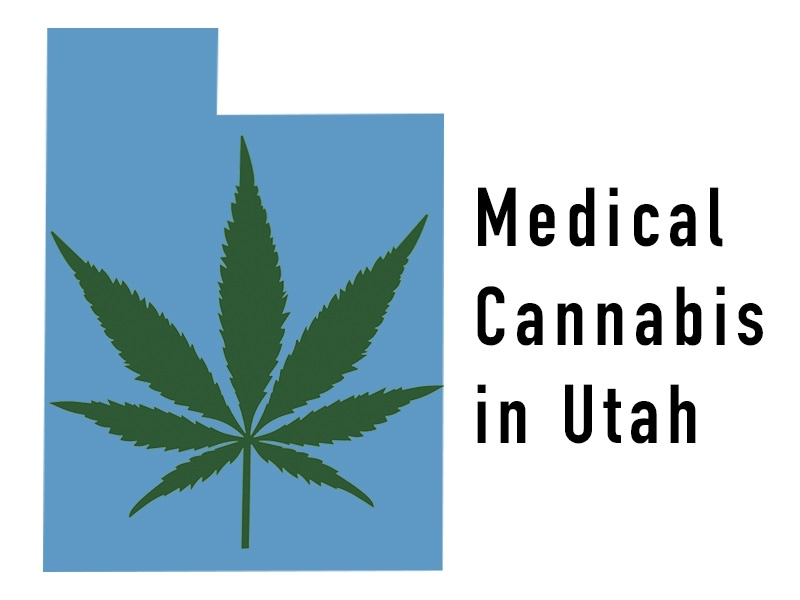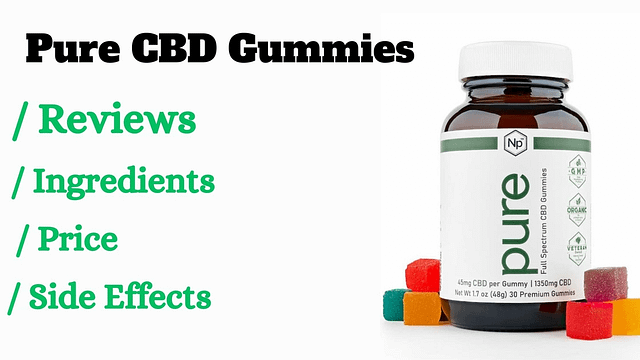According to Utah Law, you can possess marijuana as long as you are doing so within certain legal boundaries. This means you have a cannabis patient card, you are buying it from an approved pharmacy, and you don't have more than a 30-day supply in the proper dosage form. It's like having a membership card for cannabis.
You can get it from a special store, and you shouldn't have too much at once. Think of it like medicine – you can have a month's supply, but not too much at once. This guide will help you understand these rules and more about Utah Marijuana Laws. We'll cover everything from how to get your cannabis patient card to the impact of these laws on Utah's economy. Let's start by unraveling the basics.
Table of Contents
- 1 Obtaining a Medical Cannabis Patient Card
- 2 Age Requirements
- 3 Medical Provider Recommendation
- 4 Special Consideration for Ages 18-20
- 5 Possession and Procurement of Medical Utah marijuana laws
- 6 Possession Limits
- 7 Approved Pharmacies
- 8 Insight into Utah's Compassionate Approach
- 9 A Focus on Patient Well-being
- 10 Education as a Priority
- 11 Rigorous Regulatory Framework
- 12 Conclusion
- 13 Frequently Asked Questions (FAQs)
- 14 1. Is recreational marijuana legal in Utah?
- 15 2. How do I qualify for a medical marijuana card in Utah?
- 16 3. What are the possession limits for medical marijuana patients?
- 17 4. Can I grow my own marijuana in Utah?
- 18 5. Where can I purchase medical marijuana in Utah?
- 19 6. Can minors access medical marijuana in Utah?
- 20 7. Are there penalties for possessing marijuana without a valid patient card?
- 21 8. Can I use medical marijuana in public places?
- 22 9. How can I stay updated on changes to Utah's Marijuana Laws?
- 23 10. Are there any employment-related concerns for medical marijuana users in Utah?
Obtaining a Medical Cannabis Patient Card

To legally possess marijuana in Utah, you must obtain a medical cannabis patient card. Here are the key details:
Age Requirements
- Individuals must be at least 21 years old to qualify for a medical cannabis patient card.
Medical Provider Recommendation
- A crucial step in the process involves a recommendation from your medical provider. They must recommend marijuana for medical treatment based on your specific condition.
Special Consideration for Ages 18-20
- If you're between the ages of 18 and 20, you can still obtain a medical cannabis patient card. However, an additional recommendation from the Compassionate Use Board is required. This step ensures that even those in the younger age bracket have access to medical relief when needed.
Possession and Procurement of Medical Utah marijuana laws

Utah's laws concerning possession and procurement of medical marijuana are designed to ensure responsible use:
Possession Limits
- Patients with a valid cannabis patient card are allowed to possess medical marijuana, but the amount is restricted to a 30-day supply. This limitation helps prevent misuse while allowing patients access to necessary treatment.
Approved Pharmacies
- To purchase medical marijuana, you must obtain it from an approved pharmacy. These authorized dispensaries adhere to strict regulations to maintain the quality and safety of the products they provide.
| Aspect | Details |
| Qualifying Conditions | CBD for chronic pain, Epilepsy, cancer, and more. |
| Forms of Medical Marijuana | Oils, tablets, capsules, and more. |
| Access | Patients with qualifying conditions can access medical marijuana. |
| Education Requirement | Patients are required to attend a medical cannabis education course. |
| Regulatory Oversight | Strict regulatory framework governs cultivation, processing, and distribution. |
| Licensed Providers | High-quality products are supplied by licensed providers. |
Utah's approach to medical marijuana is characterized by its focus on patient well-being, education, and a rigorous regulatory framework. Patients with qualifying conditions have access to various forms of medical marijuana, and education is a priority to ensure responsible use. The state's strict oversight and licensed providers guarantee the quality and safety of medical cannabis products.
Insight into Utah's Compassionate Approach

Utah, a state known for its conservative values, may not be the first place that comes to mind when thinking about medical marijuana legalization. However, the state has taken a distinctive and compassionate approach in recent years. In 2018, Utah voters approved Proposition 2, which legalized medical marijuana for patients with qualifying conditions.
A Focus on Patient Well-being
What sets Utah apart is the emphasis on patient well-being and the state's commitment to strict regulations. Under the Utah Medical Cannabis Act, patients with conditions such as epilepsy, chronic pain, and cancer can access medical marijuana. The law ensures that patients have safe and controlled access to cannabis products, including oils, tablets, and capsules.
Education as a Priority
Utah's approach also emphasizes the importance of education. Patients are required to attend a medical cannabis education course to better understand their treatment options and responsibilities.
Rigorous Regulatory Framework
Furthermore, the state has put in place a rigorous regulatory framework to oversee the cultivation, processing, and distribution of medical marijuana. This ensures that patients receive high-quality products from licensed providers.
Utah's compassionate approach recognizes the potential therapeutic benefits of medical marijuana and strives to provide a responsible and well-regulated system for those in need. As West Virginia continues to explore its own medical marijuana program, it can draw valuable insights from Utah's experience to create a system that prioritizes patient care and safety.
Conclusion
Utah's Marijuana Laws are founded on principles of responsible use and access to medical relief. Obtaining a medical cannabis patient card is a crucial step for those in need, and the state's approach ensures that even young adults have the opportunity to access medical marijuana when recommended by their medical providers.
This insightful guide has shed light on the key aspects of Utah's Marijuana Laws , offering a comprehensive understanding of the legal framework governing the possession and use of marijuana for medical purposes. Staying informed and adhering to these regulations is essential for ensuring safe and responsible access to this form of treatment in the state of Utah.
Frequently Asked Questions (FAQs)
Here are answers to some of the most frequently asked questions about Utah's Marijuana Laws:
1. Is recreational marijuana legal in Utah?
No, recreational marijuana use remains illegal in Utah.
2. How do I qualify for a medical marijuana card in Utah?
To qualify for a medical cannabis patient card, you must have a qualifying medical condition and follow the application process outlined by the Utah Department of Health.
3. What are the possession limits for medical marijuana patients?
Medical marijuana patients can possess up to a 30-day supply of marijuana in the proper dosage form.
4. Can I grow my own marijuana in Utah?
No, growing marijuana for personal use is not allowed in Utah.
5. Where can I purchase medical marijuana in Utah?
You can obtain medical marijuana from approved pharmacies in the state.
6. Can minors access medical marijuana in Utah?
In exceptional cases, patients between the ages of 18 and 20 can access medical marijuana with an additional recommendation from the Compassionate Use Board.
7. Are there penalties for possessing marijuana without a valid patient card?
Yes, possession of marijuana without a valid patient card is illegal and subject to penalties.
8. Can I use medical marijuana in public places?
No, the use of medical marijuana in public places is prohibited by law.
9. How can I stay updated on changes to Utah's Marijuana Laws?
You can stay updated by visiting the official website of the Utah Department of Health and consulting legal professionals for guidance.
Also check: New Jersey Marijuana Laws: From Prohibition to Legalization
Employment policies regarding medical marijuana use may vary among employers. It's essential to understand your rights and responsibilities as an employee.

MS, RD
Samantha Breslin, a registered dietitian (RD), empowers our readers to make informed choices for their health with her comprehensive reviews.















+ There are no comments
Add yours